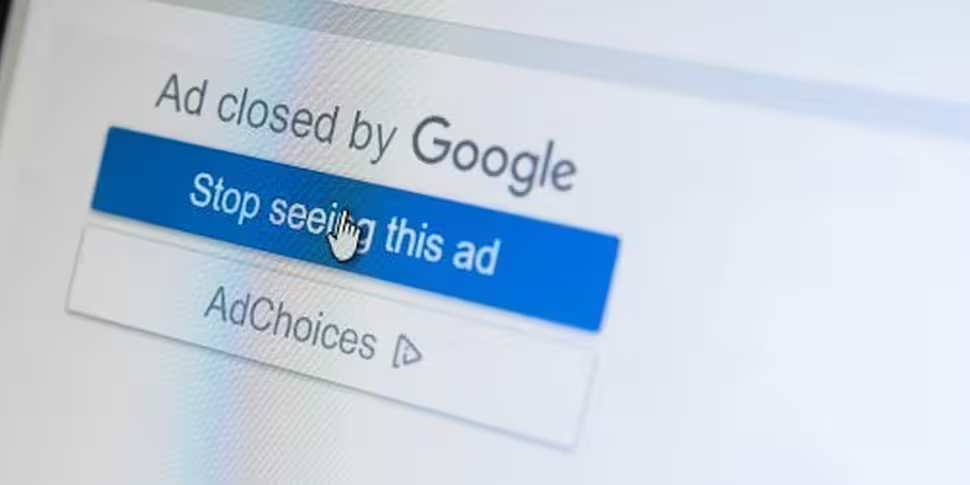Nearly two-thirds (62%) of campaigners that advertised online during the referendum campaign were not registered with SIPO, according to an analysis of ads since February.
The Transparent Referendum Initiative (TRI) has found that unregulated online advertising has been used 'extensively' in the past few months.
It says that this continued even after Google and Facebook tried to address concerns by banning or restricting advertisements.
Since February 14th, the TRI found that there were nearly 1,300 Facebook ads, from 280 unique advertisers, campaigning for a particular side. Neutral ads were excluded from the analysis.
More than 400 ads were identified in the last week alone by around 600 Irish people who volunteered to monitor digital ads.
In total, 58% of all ads were associated with repeal and 42% with retain.
However, only 38% (105) of the advertisers were registered with SIPO or closely associated with registered groups.
The analysis shows that 135 (79%) unregistered groups are Irish, 16 (9%) based outside of Ireland, and another 21 (12%) untraceable.
While Google banned all advertisements related to the referendum earlier this month, the TRI found that ads were still spotted on an "international news site, on gaming apps, as video on streaming services, on Spotify, on an academic bibliography generating site".
Craig Dwyer, co-founder of the Transparent Referendum Initiative, suggests that "essentially our democracy is up for sale to the highest bidder".
He argued: "In many cases, that bidder remains unknown - and they can get around the attempts by the likes of Facebook and Google to self-regulate".
The TRI is also calling for lessons learned from the referendum to form the basis of new legislation aimed at extending regulations in place for traditional media to online campaigning - arguing that self-regulation by tech giants "does not work".









